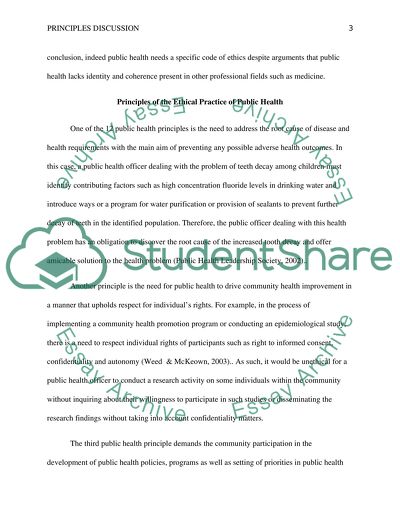Cite this document
(“The need for public health ethical principles Assignment”, n.d.)
The need for public health ethical principles Assignment. Retrieved from https://studentshare.org/health-sciences-medicine/1471211-the-need-for-public-health-ethical-principles
The need for public health ethical principles Assignment. Retrieved from https://studentshare.org/health-sciences-medicine/1471211-the-need-for-public-health-ethical-principles
(The Need for Public Health Ethical Principles Assignment)
The Need for Public Health Ethical Principles Assignment. https://studentshare.org/health-sciences-medicine/1471211-the-need-for-public-health-ethical-principles.
The Need for Public Health Ethical Principles Assignment. https://studentshare.org/health-sciences-medicine/1471211-the-need-for-public-health-ethical-principles.
“The Need for Public Health Ethical Principles Assignment”, n.d. https://studentshare.org/health-sciences-medicine/1471211-the-need-for-public-health-ethical-principles.


